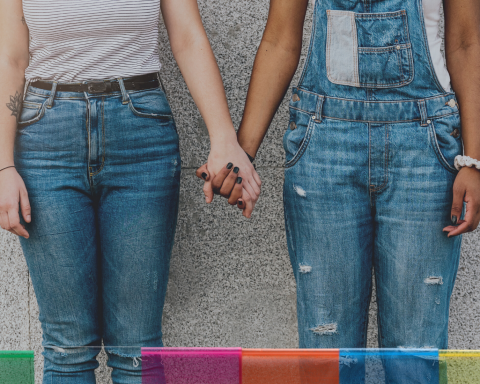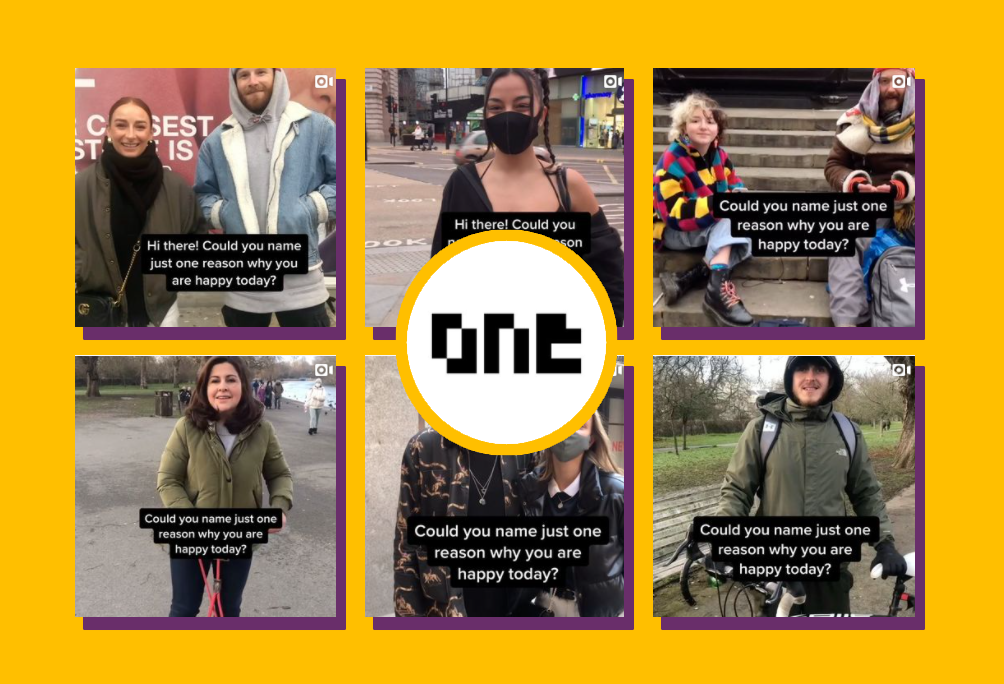
Social: Latin, socialis “of companionship, of allies; united, living with others”
I recently rediscovered the ‘My Activity’ tab on Instagram and immediately remembered why I’d conveniently forgotten about it. For anyone living in ignorant bliss, ‘My Activity’ tracks the amount of time you spend on Instagram per day. Every minute spent scrolling is tracked and recorded on a neat little weekly-spread, bar chart, hidden in a tab near your settings. If Donna Haraway needed evidence of humanity’s cyborg-ism, ‘My Activity’ is surely it.
Unsurprisingly, I’d underestimated my scrolling habits. As a notoriously bad replier, known for my thorough digital-detoxes amongst friends, I was alarmed to discover I spend around the same time it takes for coffee-and-a-catch-up with a friend, on Instagram, everyday. That’s some commitment. However on reflection what’s actually more surprising is how I time and again underestimate the influence of social media on my life. And I suspect I’m not alone in my delusion.
My feeling is that it has something to do with the general framing of social media as a trivial, fun activity that is ultimately a waste of time. It seems social media doesn’t really want us to know its influence- hence why I was able to conveniently forget about the ‘My Activity’ feature. It wants to sneak in under the radar, like that horrifying Goebbels quote, “propaganda works best when those who are being manipulated are confident they are acting on their own free will.” And before you know it, you’ve spent the past four years of your life having coffee with Instagram every day and you didn’t even notice.

What then, are we to do? Removing all social media from life forever is unrealistic and in my opinion, undesirable. Zadie Smith writes in Generation Why? “the software shaping [our] generation is unworthy of [us]. [We] are more interesting than it is. [We] deserve better.” And I agree, we do deserve better. But generally better doesn’t magically arrive unless you invite it.
The recent BLM instagram movement revealed how users can influence social media and make it a tool for change when used effectively. Regardless of your opinion on the black squares, no Instagram-user could have accessed their feed on Tuesday 2nd June without being made aware of the movement. More importantly, the movement called users’ own online actions into question and made them deliberate about their actions. It created collective action.
Any share, post or story on Tuesday 2nd June was inevitably viewed in light of BLM because of the collective effort of users to spotlight the issue. Black Out Tuesday and the subsequent BLM social media campaigning driven by users has illustrated how powerful social media can be when we acknowledge that it is powerful and we act collectively, as a community.
In Doughnut Economics, Kate Raworth calls for us to “unleash” the creative potential of the commons [mutually owned resources, accessible to all]. The social media common is a world-spanning space that has huge creative potential. Creativity cannot thrive in homogeneity. Being deliberate about counter-acting the homogenising algorithm is one small act towards a more diverse and inclusive social media. So have coffee with social media everyday, but make sure your company is worth spending time with.
Author

Bella Bryant
Bella and her sister Millie run a lifestyle blog, Rehabilitate, where they write and give advice about sustainable living. You can find them at www.re-habilitate.com and on Instagram.
Featured image by Charlota Blunarova.




